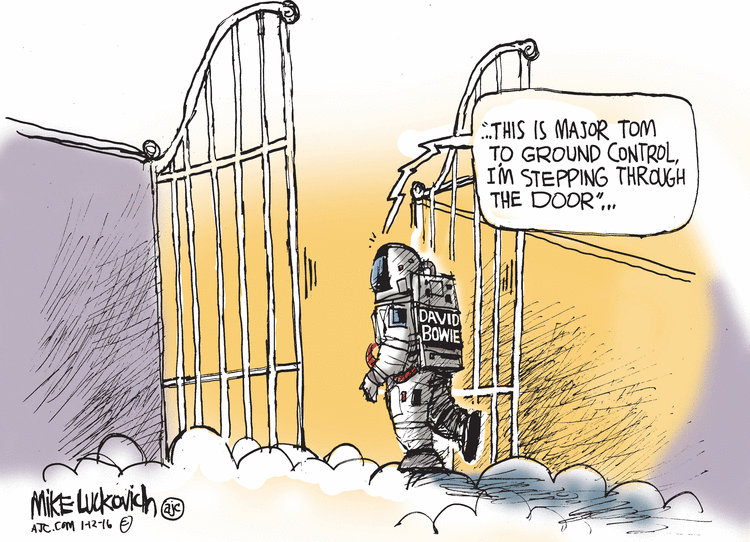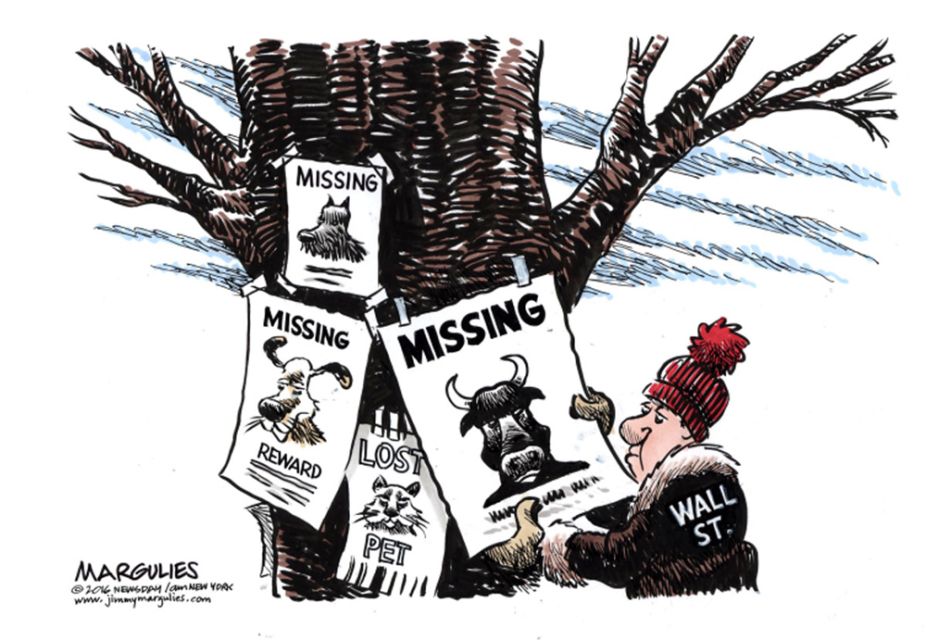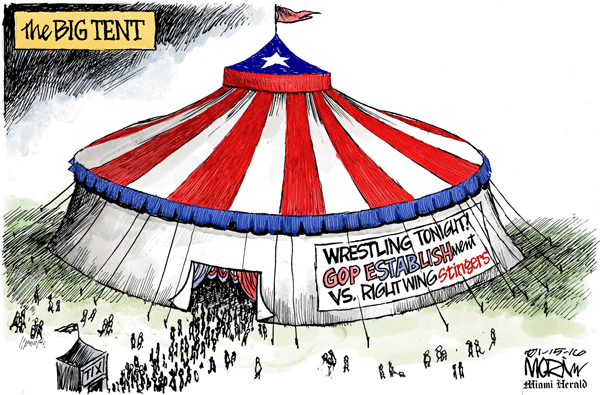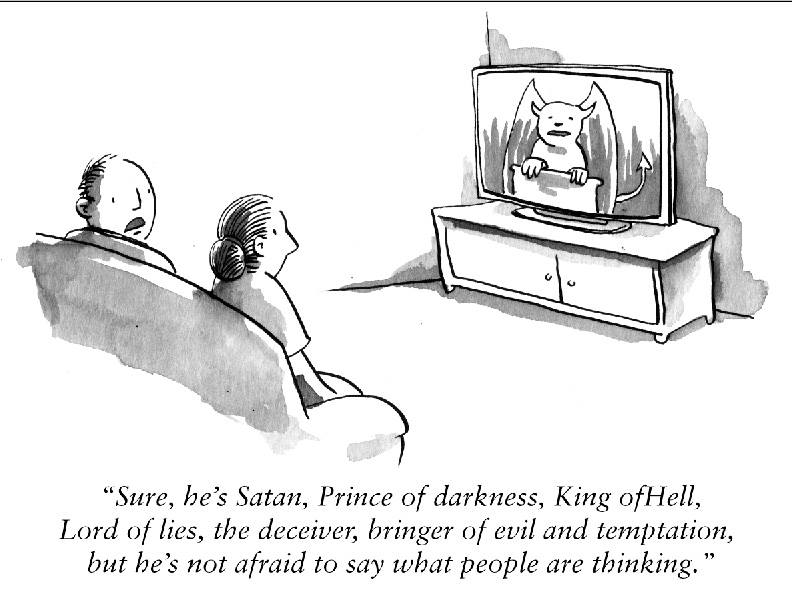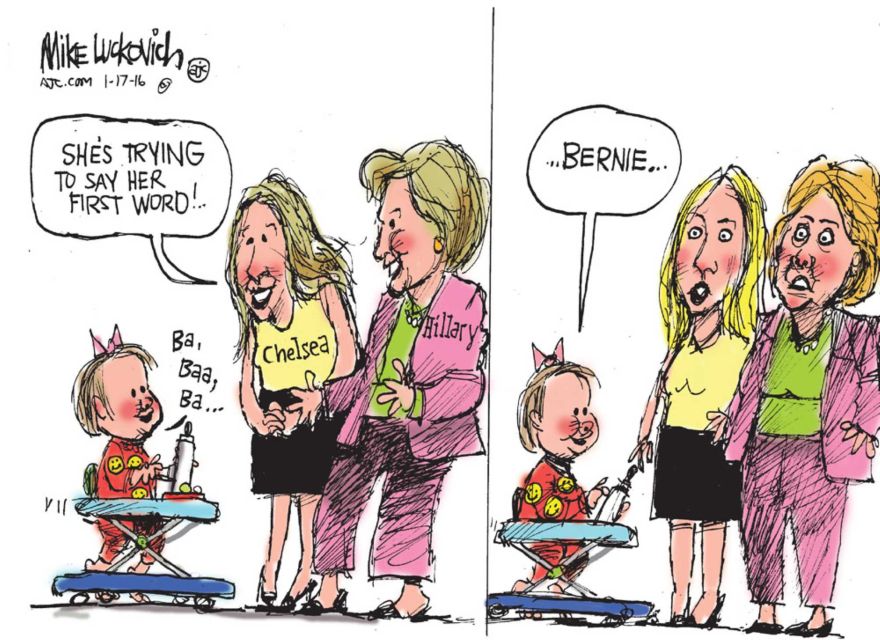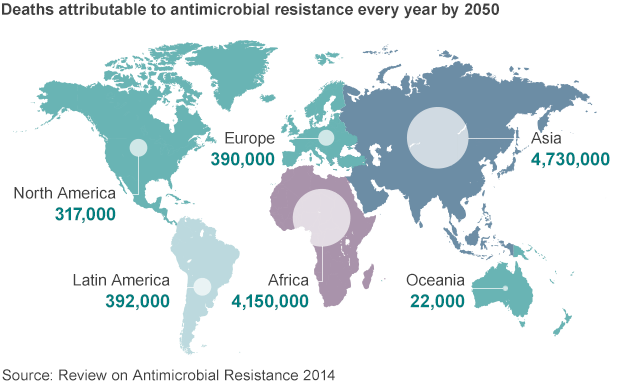Yesterday we said that 2016 may be the last election we ever need if political division keeps us from getting anything meaningful done for another four years. We also said that none of the current candidates from either party appear to have the ability to lead us towards being a better country.
Despite that, partisans on both sides say their worst candidate would be a fine president, and would certainly do a better job than the best candidate on the other side. Maybe we have a failure to define exactly what our next president needs to accomplish.
We talk as if a president were all-powerful, able to simply wave his/her magic wand, and all will be well. The past 16 years of presidential and congressional misrule has taught us to know better, but candidates still campaign as if we didn’t know better.
If a president can’t solve our problems, what can he/she do? If all they will do is to continue doing what hasn’t worked in the past, why do we bother to elect them, or have elections at all?
If all we can expect is to maintain a defective status quo, what’s the point?
We need America to grow up. We need a president who can enunciate a humane, adult, reasonable worldview, and vigorously promote it at home and abroad. Perhaps over time, that message will resonate with enough people, young Americans in particular, so the next generation can take the first political baby steps towards building a better world.
Either we fix our politics, or resign ourselves to the fact that our democracy is going to continue to give us substandard results.
To succeed at changing the country’s world view, the people would have to insist upon a politics that requires a humane, adult, reasonable, sane worldview from our elected representatives. At best, we would see some compromise, and take a few steps forward. At worst, idealism fails, and we continue the tyranny of a Congress that while elected, is not accountable for the success or failure of the nation.
Donald Trump has broken the GOP, possibly fatally. The party’s recent history seems to have assigned him that task, and he has discharged it well. Thanks to Trump, “lesser evilism” has lost its power to control our politics, making it possible for genuinely progressive politicians to put non-incrementalist policy back onto the mainstream agenda.
That has been Bernie Sanders’s goal. He too has discharged his task well. He, like Trump, has become the polestar for people who are outraged at the status quo, and who want to change it fundamentally for the better. But if the Democrats nominate Sanders, they risk making the same mistake the Republicans would make if they nominate Trump. That is, not recognizing that the very rhetoric that their side likes best will be seen as inherently disqualifying in the eyes of many.
It is the error of the echo chamber–believing that your side is so obviously right that all you have to do is state your beliefs with conviction and honesty and then surely win.
Unfortunately for Hillary, she seems to be on the wrong side of the zeitgeist for a second time. In 2008, she was no match for an aspirational black man who allowed progressives to project their values on him. This time, it’s an actual progressive who may become the road block to her coronation. In different times, HRC would have the perfect resume for the Oval office, and yes, she could yet win the nomination and the big job. Her biggest problem is poor vision. Here is the NYT’s Charles Blow: (emphasis by the Wrongologist)
But possibly the most damaging of Clinton’s attributes is, ironically, her practicality. As one person commented to me on social media: Clinton is running an I-Have-Half-A-Dream campaign. That simply doesn’t inspire young people brimming with the biggest of dreams. Clinton’s message says: Aim lower, think smaller, move slower. It says, I have more modest ambitions, but they are more realistic.
How long has it been since a President has campaigned on a specific platform and also urged the people to vote for his Party in Congress so that he could accomplish that platform. Reagan maybe?
No president has ever changed things alone, and none ever will. If Bernie wins, it’s because he inspires us to join a movement for change. Just like Reagan and Movement Conservatism, where Republicans built a conceptual base, a popular base, a business base, and an institutional infrastructure of think tanks. By the 2000s, movement conservatives controlled the Republican Party.
It took them 40 years, but they succeeded.
And it can happen again.


